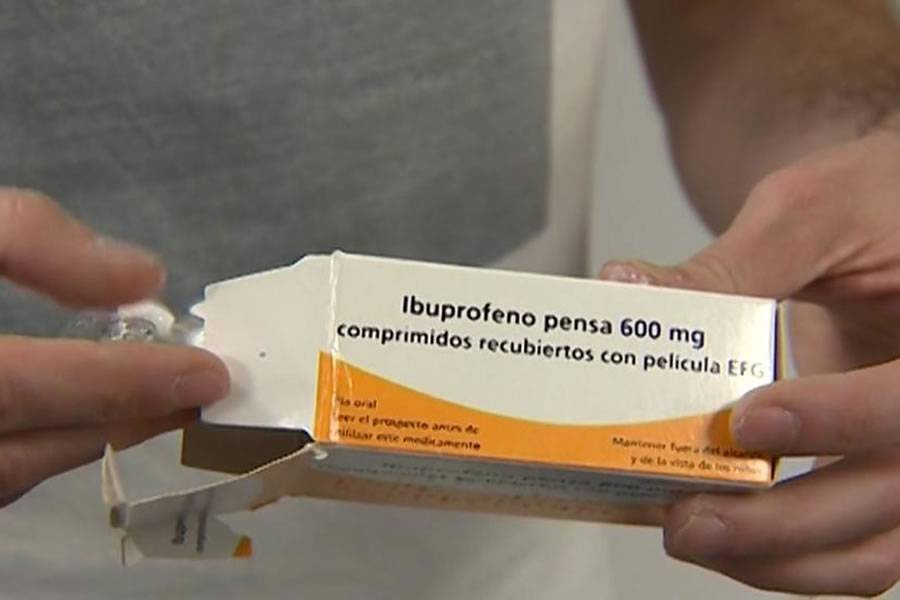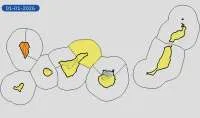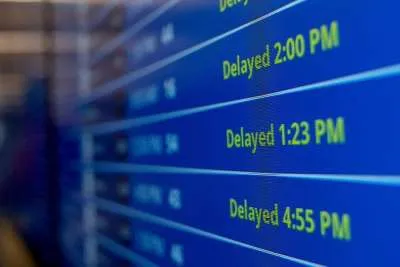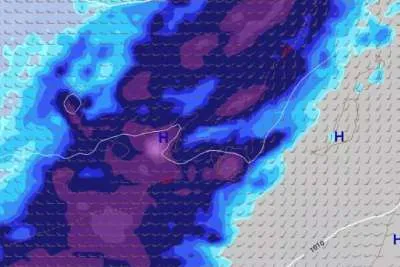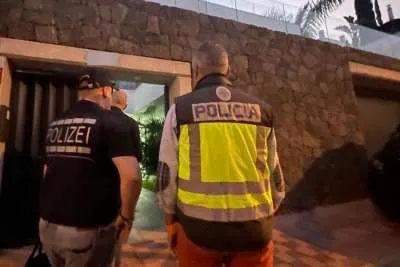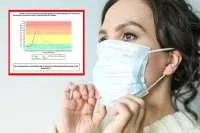DGT warns drivers of medicines that can give a ‘false positive’ in a drug test
- 22-08-2023
- National
- DGT - Trafico
- Photo Credit: 20minutos
The DGT (Directorate General of Traffic) have warned that certain common medications may lead to a false positive in drug tests when driving, as the Guardia Civil are carrying out more of these tests on drivers to reduce accident rates and highlight the dangers of driving under the influence of drugs.
These drugs, which are often used to treat health problems, include painkillers, anxiolytics, antidepressants, antihistamines, and psychostimulants, and in most cases, drivers that are on this medication would test positive for THC, as they are derived from opium.
Among the symptoms of these medications are drowsiness, blurred vision, euphoria, sleep problems, or dizziness. These effects can impair the ability to drive, particularly in reaction times to situations on the road. One of the most common medications that can cause a false positive in drug tests is ibuprofen.
They also warn that if you test positive for drug arrest tests and do not have a copy of the medical prescription for the drug you are taking, fines can reach 1,000 euros with six penalty points on your driving licence.
Additionally, if the positive test is preceded by reckless behaviour, the penalty can be between 3 and 12 months in prison and a ban from driving for 1 to 4 years.
If you take any of these medications and plan to drive, it is essential to read the package insert. This document contains information about the possible effects of these drugs on driving ability. A symbol of a car inside a red triangle identifies the consequences that may significantly interfere with driving. If this symbol is present on the packaging, you should not drive after taking the medication.


